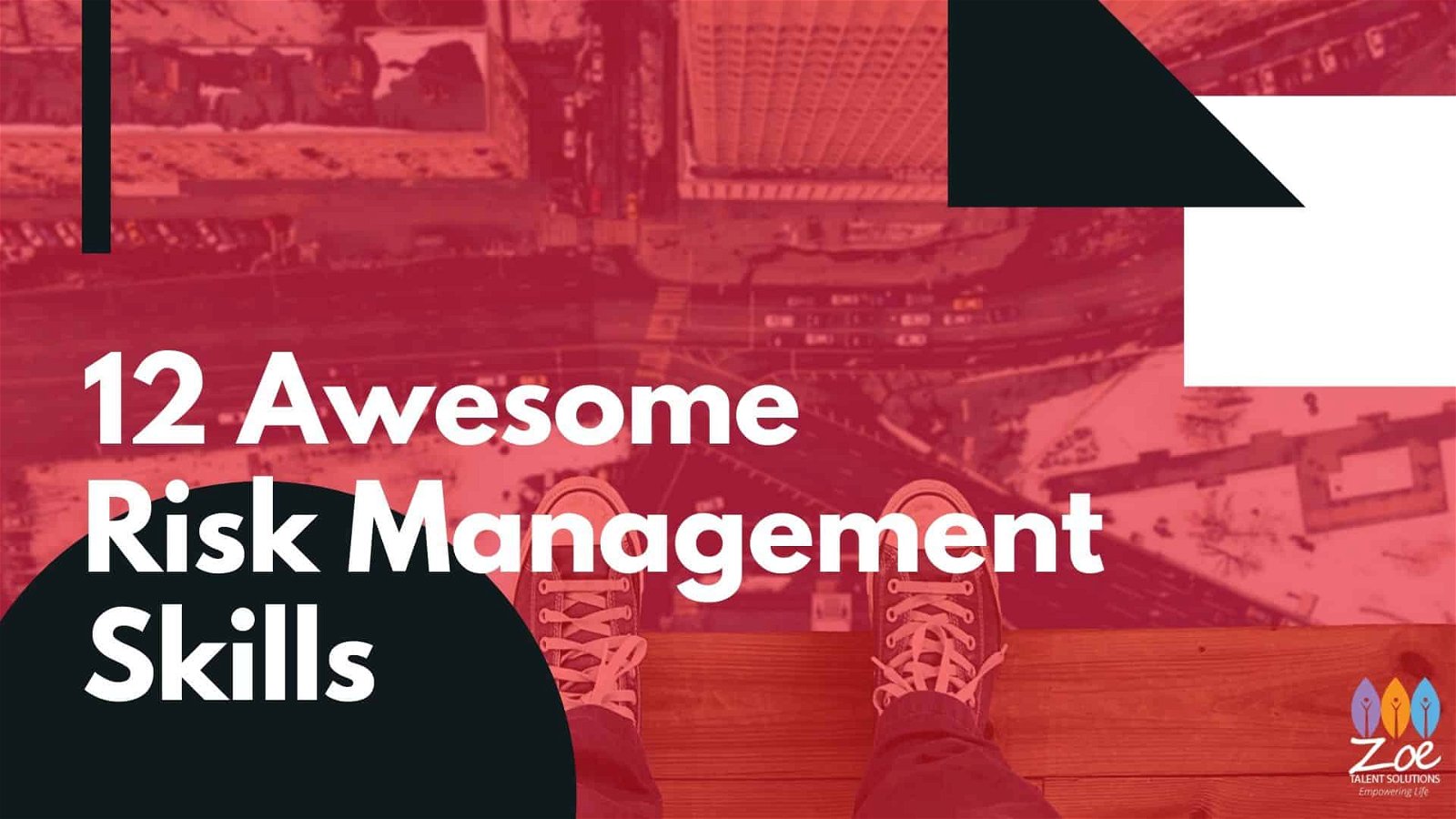Risk is part of the business and is pretty much unavoidable, therefore organizations now want to hire you to manage their risk and direct it towards productivity. The risk managers are primarily hired to foresee the potential problems or threats and set into motion any plans which can deter from them happening.
When managing risk for an organization, as a risk manager you are responsible for that particular organization’s employees, their stakeholders, image and ultimately the clients as well.
The risk manager needs to have knowledge about the legal framework of the market within which they are operating and any possible state and federal regulations which need to be adhered to, to manage risk.
The term used is “risk appetite” to gauge how much risk an organization can take up and successfully account for. With the growing industry, the compensation plans for risk manager has also increased, however, the compensation is often linked with the number of years of experience that the candidate has to offer.
Risk management is a skill which not only pertains to the sole position of risk manager rather it applies to every employee who wishes to have a contingency plan for the potential risks which they may encounter in their everyday work routine.
How risk aversive a company is also dictating the approach of an employee and how they are likely to deal with it or choose to completely avoid it.
Furthermore, it is also important to understand that risk management skills take years of experience and work to obtain and master. No set of years can make you a master of risk management rather it is a continuous learning process.
Here are 12 ways to polish your risk management skills which will help you in any field of work: s
1. Be Technically Aware
Risk management can only be conducted if you can understand the technicalities of work assigned to you. What is the code behind the software which is infected with bugs all the time?
How can the machinery be better maintained to better cope with the peak season? What are the reasons the worker are unable to meet the benchmarks set? Asking questions like this are all indications of how to be technically aware.
2. Invest in Decision-Making Skills
Risk management requires intense decision-making skills as there may be a very small slot to make the decision. Timely decisions are the entire key to being able to manage risk as if the time passes then the cost of time, labour and equipment may rise.
We are offering course on Decision Making, through this course one will learn about how and when to make best decisions in an organisation without any regrets. Check this course: Managerial Decision-Making and Problem-Solving for more details.
3. Be Detail Oriented
The small things matter and should be taken into consideration as more than often the details are lost in the grand scheme of things. If you keep an eye on the details then most likely it will prevent a major mishap in the future.
4. Have the Ability to Stay Calm
When calculating risk the situations are more than often not ideal, rather they may be volatile and hostile. Working under such condition can take a toll of your ability to stay calm and collected.
Imagine a situation where you have to calculate the risk of taking over a company which would result in the retrenchment of half of the employees. Such a situation calls for having an ability to remain calm despite the circumstances.
5. Be Organized
It is as simple as that! The more organized individuals can foresee changes and possible risky situation ahead of time and respond to them on a timely basis. Keeping documents and making plans are all the traits of a well-organized risk manager.
6. Have Negotiation Skills
It is all about the give and take and being able to mould a situation into a mutually beneficial one. Negotiation skills come in handy as they can dilute a sour situation into profit. Being at the business table and being able to negotiate is a skill which needs to be practised and polished over time.
- Check our blog post: 7 Negotiation Skills You Need to Succeed
7. Be Able to Communicate Well
Communication is key to being able to manage risk. Miscommunication can act as a catalyst towards accelerating an already worse situation. When information flows, freely and all concerned parties feel they are being heard then it is much easier to attain a solution.
- Must read: 10 Ways to Improve your Communication Skills
8. Work with Numbers
Risks are calculated in numbers and if you are not able to work with numbers then it would be highly difficult to manage them. Costs, time, and labour all require a skilled analysis of numbers which are then interpreted and included in the strategic decisions.
9. Have the ability to understand strategic business decisions
Understanding risk alone is not sufficient as understanding them in the wide scheme of things is important. Understanding strategy and what your action account for in the wide strategy will help one take better risk aversive decisions.
10. Use of Financial Modeling
The use of financial models allows a visual and clearer picture of the direction of the decisions taken. These can be conducted with the help of software and technology to allow efficient decisions.
11. Be Able to Present Well
Presentation skills are part of communication skills yet they need a different mention as a large portion of a risk manager’s role is to persuade the concerned parties to either take the risk or refrain from it.
12. Be Adaptable to Changes
There will be changes within the market place and the best are those who can keep abreast with the changes and not resist them. The more you resist the more likely the changes will cause a major disruption in your processes for which you won’t have a contingency plan available.
Do you want to Study Risk Management Skills Training Course?
Zoe Talent Solutions offers highly professional risk management skills training course which will enable you to effectively tackle any risk during any project.
See Zoe Talent Solutions full planning and strategy skills course list here: planning and strategy training courses
Click Here to Check our Risk Management Courses


![Saudi Oil Industry Key Stats Unveiled [2024] 3 Saudi Oil Industry Key Stats](https://zoets.b-cdn.net/wp-content/uploads/2024/02/h.jpg)






